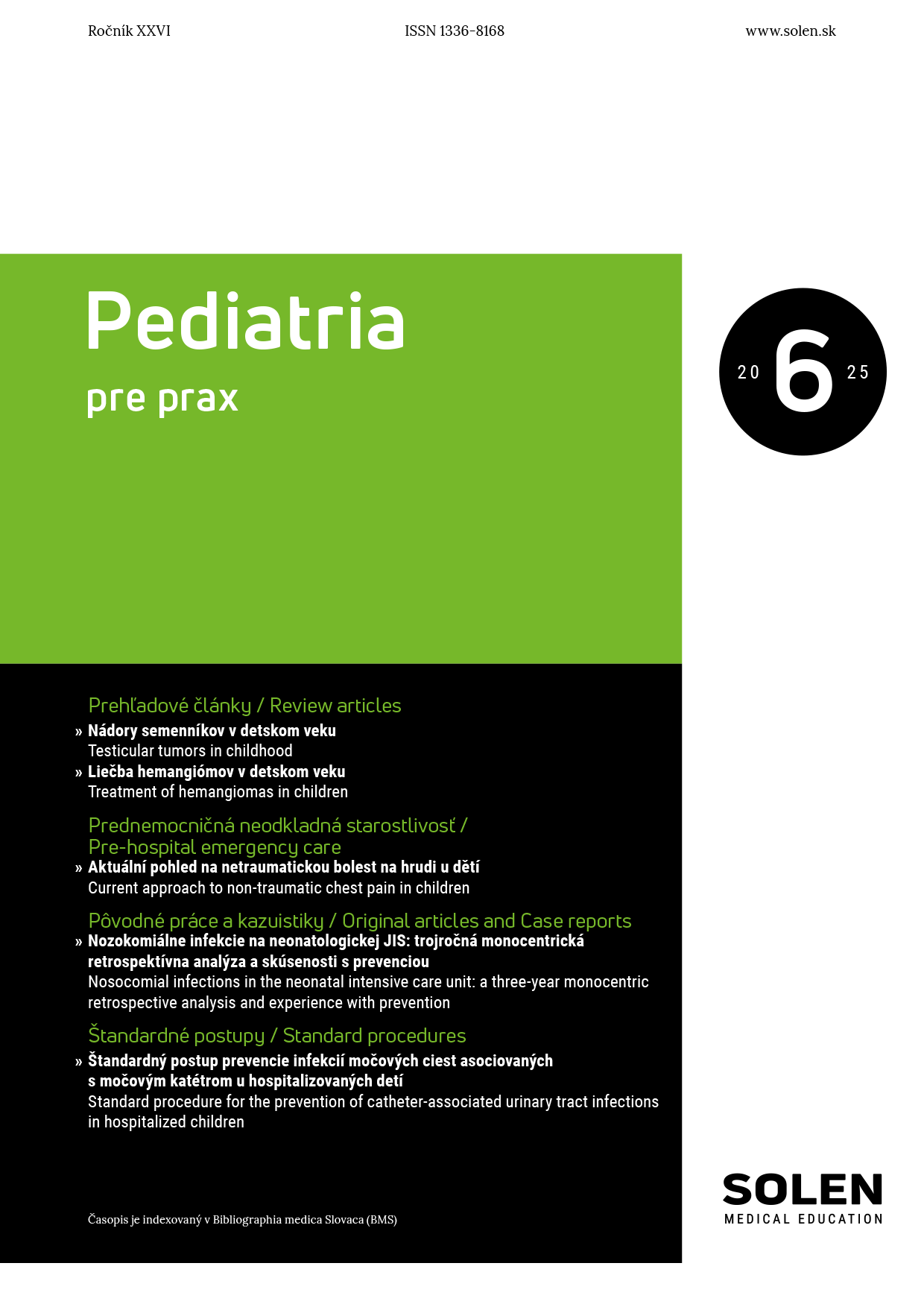Neurológia pre prax 4/2020
Dlouhodobá bezpečnost ocrelizumabu při léčbě roztroušené sklerózy
MUDr. Marek Peterka , MUDr. Pavel Potužník
Léčba roztroušené sklerózy prodělává v posledních desetiletích výrazný posun. Nové moderní léky přinášejí vysokou schopnost potlačit aktivitu tohoto onemocnění a ochraňují pacienta před budoucí invaliditou. Z tohoto pohledu je kladen důraz nejen na jejich dostatečnou účinnost, ale také na dlouhodobou bezpečnost, proto jsou sledována dlouhodobá účinnostní i bezpečností data všech nově příchozích léků. Tento článek je konkrétně zaměřen na data ocrelizumabu. Léku, který je dnes používán k léčbě nejen relaps-remitentní formy RS, ale také jako první lék v historii k léčbě primárně progresivní RS.
Kľúčové slová: roztroušená skleróza, dlouhodobá bezpečnost, ocrelizumab, reakce spojené s infuzí, infekce, malignity
Longterm safety of Ocrelizumab in Multiple Sclerosis treatment
A huge shift has been made in the field of Multiple Sclerosis treatment in the last decades. New modern medicaments have brought us the ability to suppress the disease activity and thereby save the patients from becoming invalid in the future. Therefore, the main feature of these drugs must be not only their efficiency, but also long-term safety. And so, we collect long-term data about the efficiency and safety of these new medicaments. This article focuses on the data of ocrelizumab. A remedy that is used today to treat not only relapse remittent form of MS but also is the first remedy in history used to treat primary progressive form of MS.
Keywords: multiple sclerosis, long-term safety, ocrelizumab, infusion related reactions, infections, malignancies

















